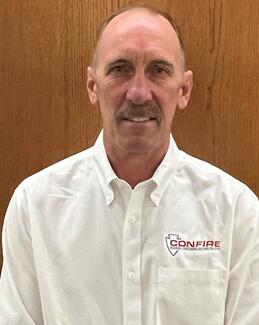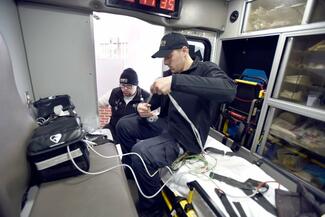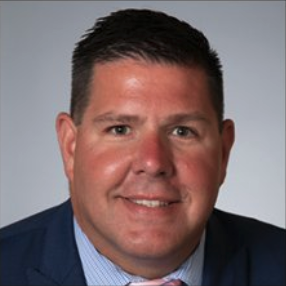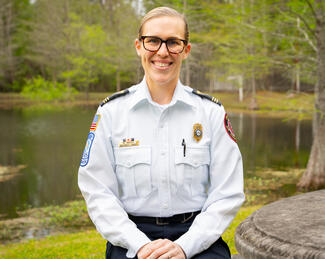Out of Service
Two decades before I earned my first EMS paycheck, I manufactured cosmetics for a living. If that sounds glamorous to you, I can’t even imagine what kind of day you must be having.
My prime directive for most of those years was to ensure quality while minimizing costs—typical responsibilities for bosses in industrial environments. Service was a priority too—well, sort of. We had no direct contact with retail customers. We assumed they were out there because if they weren’t, we reasoned, none of us would have jobs. Our only contribution to customer service was to keep our warehouses stocked with every conceivable shade of feel-good products so the pharmacy next to the hardware store on Main Street would have enough Lip Tenderizer to make Mrs. Brown’s daughter lovely Saturday night.
Even if you’re new to EMS, you’re probably much more directly involved in customer service than I was as a factory manager. I relied on staffs of analysts to tell me what people wanted; you don’t have those resources. I rarely met my customers; you see and touch yours daily. I wouldn’t have known how to respond to end-user complaints; your job is to do precisely that.
Some would say your best-selling service is transportation. I’d argue it’s compassion, and you’re in charge of its quality and distribution.
One would think exceptional service would be emphasized throughout face-to-face industries like ours. I haven’t found that to be the case. I bet you have just as many stories as I do about arrogant, self-indulgent EMTs, paramedics, doctors and nurses, so I’ll add one about a medical office whose staff must have been absent the day they covered patient-provider synergy in administrator school:
When my health insurer stopped paying for lab work done outside my home state, I went to my family physician’s practice—a large, suburban facility—to ask that all specimens donated by me be sent to any of the local laboratories on my plan’s list. I already knew my doctor used two of those labs, so I wasn’t expecting trouble.
I hadn’t even finished my request when I noticed the receptionist cracking her knuckles. I thought, This is bad. (I also thought, Wow, that’s the first time I’ve seen a woman crack her knuckles.) When my alleged service provider told me how little she could do for me, I asked for someone with more responsibility and, if possible, more tact. I found the former but not the latter; the second employee’s manner was equally unsympathetic.
I don’t know if rudeness is a prerequisite for workers at that office, but I’m pretty sure the answers I got had more to do with two burned-out bureaucrats who tried to trivialize me rather than help me. In my tormentors’ world, I wasn’t entitled to their deference because I hadn’t “paid my dues”—i.e., I hadn’t experienced their frustrations in their workplace.
Have I ever treated patients that way? Yes, perhaps a dozen in 20 years, and another hundred whose needs I could have met much more effectively by setting aside protocols and concentrating on what those folks were trying to tell me. I struggle with such subtle, subjective elements of care every day. I’m constantly reminding myself I’m there to serve people—not the other way around. Along the way I’ve tried to embrace these critical aspects of customer relations:
When to serve—Right away, according to Careerealism.com, which estimates we have less than 30 seconds to impress each other. Psychology Today credits eye contact, a pleasant mood, reciprocal gestures and an unforced smile as key elements of favorable first encounters.
How to serve—When possible, let our patients tell us. High-frequency listening is a skill some of us lack but all of us can learn.
Why serve?—Because medicine isn’t just an intellectual exercise. It’s easy to become preoccupied with the scripted science of medical emergencies, but the S in EMS reminds us that service is what we’re selling.
The exceptional among us have already embraced those principles. For them being nice to people is a natural act. They purposefully relate to their patients because they’ve seen how bedside anonymity hinders customized care. Our finest already know that prompt, compassionate, unflappable service with so much at stake distinguishes even the least experienced EMS provider from those who work at something less.
Mike Rubin, BS, NREMT-P, is a paramedic in Nashville, TN, and a member of EMS World’s editorial advisory board. Contact him at mgr22@prodigy.net.















